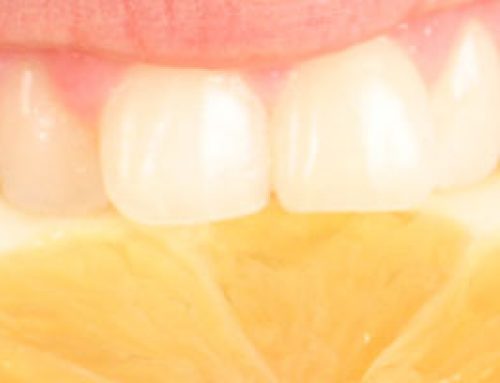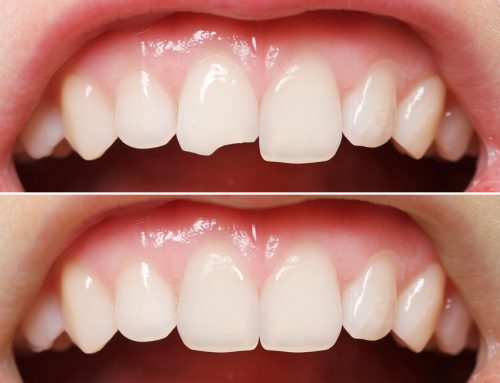When most people think of mouth guards, images of boxers and football players often come to mind, but mouth guards are not just for athletes. Mouth guards can help protect the teeth from the damage caused by chronic teeth grinding or to alleviate the symptoms of temporomandibular joint disorder, also known as TMJ disorder. Mouth guards can also be used to protect tooth restorations that are placed during restorative dentistry treatment. At Dr. Charles E. Sutherland’s Houston based practice, our team is ready to help you achieve the smile of your dreams. Mouth guards may be beneficial for your oral needs. Read on to find out if you are a good mouth guard candidate.
Am I a Candidate for a Mouth Guard?
Mouth guards offer a variety of benefits, making them suitable for many patients. There are different types of mouth guards designed for specific needs. Mouth guards may be store-bought or custom-made. Typically, store-bought mouth guards are only semi-customizable at best. Those who require mouth guards should wear a custom-made mouth guard to provide more protection to the teeth. If you relate to one or more of the following, you may be a candidate for a mouth guard.
- Athletes: Athletes who play contact sports, like football, hockey, or boxing, are prone to facial injuries, which can lead to dental damage. Wearing a mouth guard while playing contact sports can help protect the teeth from injury. In addition to those who play contact sports, athletes who practice “extreme” sports like skateboarding down stair rails or jumping BMX bikes are also at risk of dental damage, making them great candidates for mouth guards.
- Chronic teeth grinders: Chronic teeth grinding, a condition also known as bruxism, is extremely damaging to the teeth. If left untreated, bruxism can lead to enamel wear, dental fractures, or, in severe cases, extreme wearing of the teeth. Custom-made mouth guards can provide a layer of dental protection for those who suffer from bruxism.
- TMJ disorder sufferers: TMJ disorder is a condition in which the jaw joint doesn’t move properly. TMJ disorder can lead to jaw or neck pain, a clicking sound when the jaw moves, and locking of the jaw. The symptoms of TMJ disorder can be exacerbated by sleeping with a clenched jaw. Wearing a mouth guard during sleep can help prevent jaw clenching, reducing the stress on the jawbone and alleviating the symptoms of TMJ disorder.
The Benefits of Mouth Guards
Wearing a mouth guard can help protect the teeth from damage or alleviate the symptoms of TMJ disorder. Some of the many benefits of wearing mouth guards include:
- Protects the teeth from sports-related injuries
- Protects the teeth from the damage associated with chronic teeth grinding
- Alleviates the symptoms of TMJ disorder
- Reduces the risk of costly dental repairs by preventing dental injuries
Schedule a Consultation
To find out if a mouth guard is right for you needs, we welcome you to schedule a consultation with our team today.






